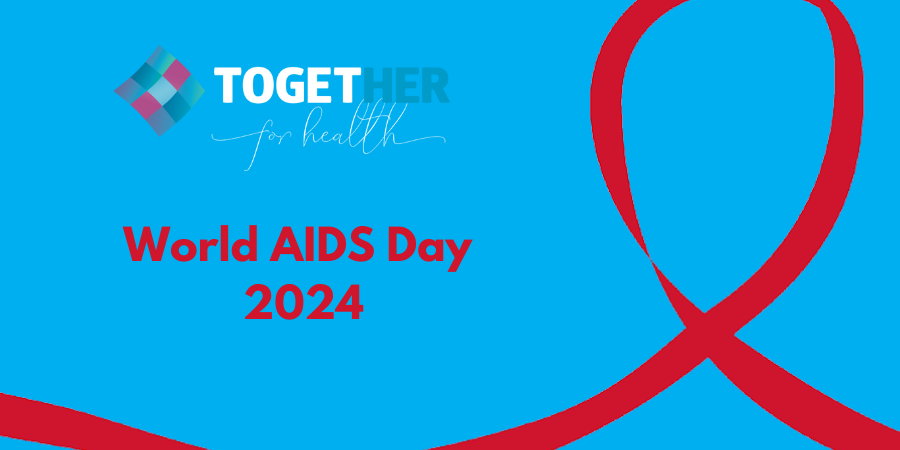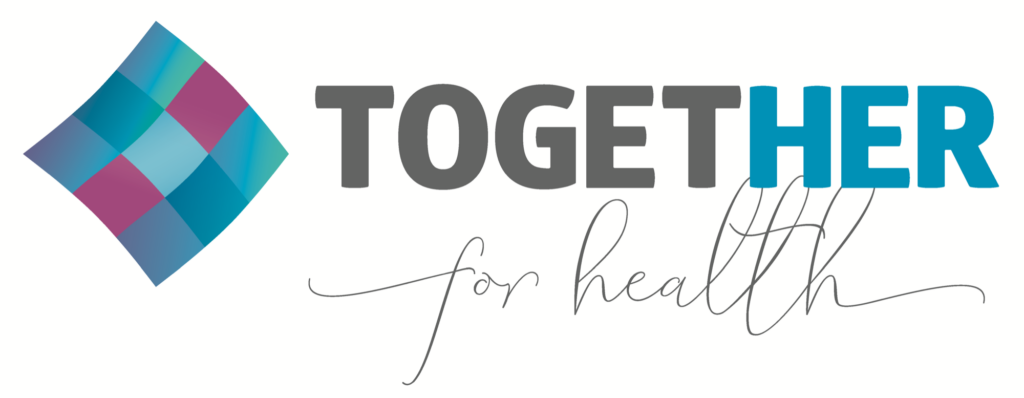World AIDS Day 2024

1 December 2024
On World AIDS Day – December 1st – we celebrate the tremendous progress made in the global fight against HIV/AIDS while reflecting on the millions of lives lost and how to ensure access to prevention, testing, and treatment to all in need. It’s also an important day to take stock of progress on global commitments to end HIV/AIDS – which inspired a similar evidence-based global strategy to eliminate cervical cancer as a public health problem.
The deadly relationship between cervical cancer and HIV/AIDS is well-documented. Women living with HIV are up to six times more likely to develop invasive cervical cancer than their HIV-negative peers. Women testing positive for infection with the human papillomavirus (HPV) that causes almost all cervical cancers are twice as likely to be infected with HIV. And the burden of cervical cancer is most profound in parts of the world with high prevalence of HIV/AIDS – especially sub-Saharan Africa.
It’s only logical that programs reaching women and girls living with HIV integrate cervical cancer prevention and treatment services, not just due to the high levels of comorbidity, but also because the two conditions share barriers to access such as social stigma and misinformation. Integrated programming has proven to be effective, with the most notable example being the U.S. President’s Emergency Plan for AIDS Relief (PEPFAR) Go Further partnership, which has now provided over 9 million women across 12 high-burden countries with cervical cancer screening, 70% of whom were screened for the first time. More recently, Go Further has also begun expanding access to HPV vaccination for cervical cancer prevention via collaboration between its Go Further, DREAMS (Determined, Resilient, Empowered, AIDS-free, Mentored, and Safe), and orphans and vulnerable children programs.
Go Further isn’t alone in integrating HIV/AIDS and cervical cancer programming. The Unitaid-funded SUCCESS collaboration implemented by Expertise France, Jhpiego, and the Union for International Cancer Control (UICC) is boosting access to high-performance cervical cancer screening and treatment, prioritizing women living with HIV. The Global Fund to Fight AIDS, TB, and Malaria will also fund cervical cancer prevention activities aligning with its HIV prevention programs. Support for addressing the global HIV/AIDS epidemic has strengthened access to cervical cancer prevention services for millions.
Unfortunately, threats to that support are likely to have a correlating negative impact. Changes in the United States government are forthcoming, with a new administration and legislature likely to hold PEPFAR and its sub-programs under greater scrutiny, if not at increased risk for funding cuts. Global implementers of US-funded sexual and reproductive health programs in low-resource settings have been targeted for cuts based on their provision of family planning services. And nominees for key positions in the incoming US President’s administration have expressed worrying beliefs around the safety of vaccines and skepticism around the connection between HIV infection and AIDS, despite decades of strong scientific evidence.
Compounding changes in the United States government are concerning global trends. Around the world, reductions in overseas development assistance or shifts in priority to other global issues signal potential decreases in support. TogetHER’s recent publication of estimates for global investment in cervical cancer prevention in low- and lower middle-income countries show stagnant financial commitment to screening and preventive treatment. Such reductions in global health support may also impact critical work to ensure that HPV vaccination is made available to women and girls living with HIV.
As funding for HIV/AIDS programming goes, so does cervical cancer support. This World AIDS Day, we call on leaders across the world to fulfill their commitments to ending HIV/AIDS around the world – commitments that have made huge strides in safeguarding women from cervical cancer.
